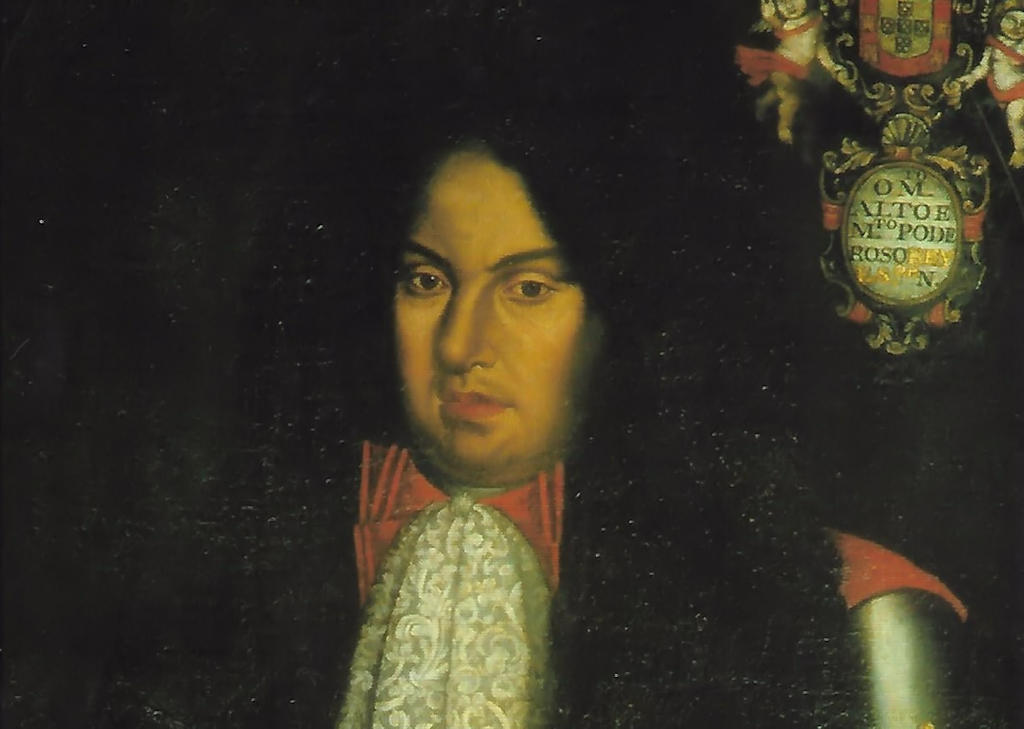Upon becoming king, Peter II aimed to strengthen Portugal's independence and solidify his reign. He played a crucial role in ending the Portuguese Restoration War by signing the Treaty of Lisbon in 1668. This treaty, along with his alliance with England, supported by marriage clauses between Charles II of England and his sister Catherine of Braganza, safeguarded Portugal's sovereignty and brought military protection for Portuguese shipments.
Peter's reign saw the centralization of monarchy power, reducing the excessive influence of the nobility that had grown after John IV's death. He granted freedom of commerce to English residents in Portugal, facilitated the establishment of textile manufactures, and focused on improving the realm's defenses. Peter also took significant steps to secure the succession of his daughter, Isabel Luísa, as the heir presumptive to the throne.
Initially, Peter II aligned with France and Spain in the War of Spanish Succession. However, in May 1703, Portugal and England signed the Methuen Treaty, a trade agreement that granted mutual commercial privileges to Portuguese wine and English textiles. This accord later gave England considerable influence in the Portuguese economy. Additionally, in December 1703, a military alliance between Portugal, Austria, and England was formed to invade Spain. Although Portuguese and Allied forces captured Madrid in 1706, the campaign ultimately ended in an Allied defeat at Almansa.
Lisbon.vip Recommends
Throughout his reign, Peter faced challenges, including territorial disputes with Spain over Colónia do Sacramento and conflicts between Paulistas (inhabitants of São Paulo) and Emboabas (outsiders seeking gold). In his later years, Peter's health deteriorated, experiencing periods of drowsiness and suffering from various ailments, including a severe infection of the larynx and liver disease. He passed away on December 9, 1706, at the Palhavã Palace in Lisbon.
King Peter II of Portugal left behind a legacy of consolidating Portugal's independence, establishing crucial alliances, and promoting advancements in Brazil. His reign marked a period of stability and progress for the country, despite the challenges he faced. Peter's contributions to the monarchy and his commitment to the welfare of his people remain an integral part of Portuguese history.
In conclusion, King Peter II, known as "the Pacific," played a pivotal role in shaping Portugal's destiny during his reign from 1683 to 1706. His efforts to secure Portugal's independence, strengthen alliances, and foster developments in Brazil have left a lasting impact on the country's history. Despite the obstacles he encountered, Peter's legacy as a wise and accomplished monarch endures, making him a significant figure in Portuguese history.



